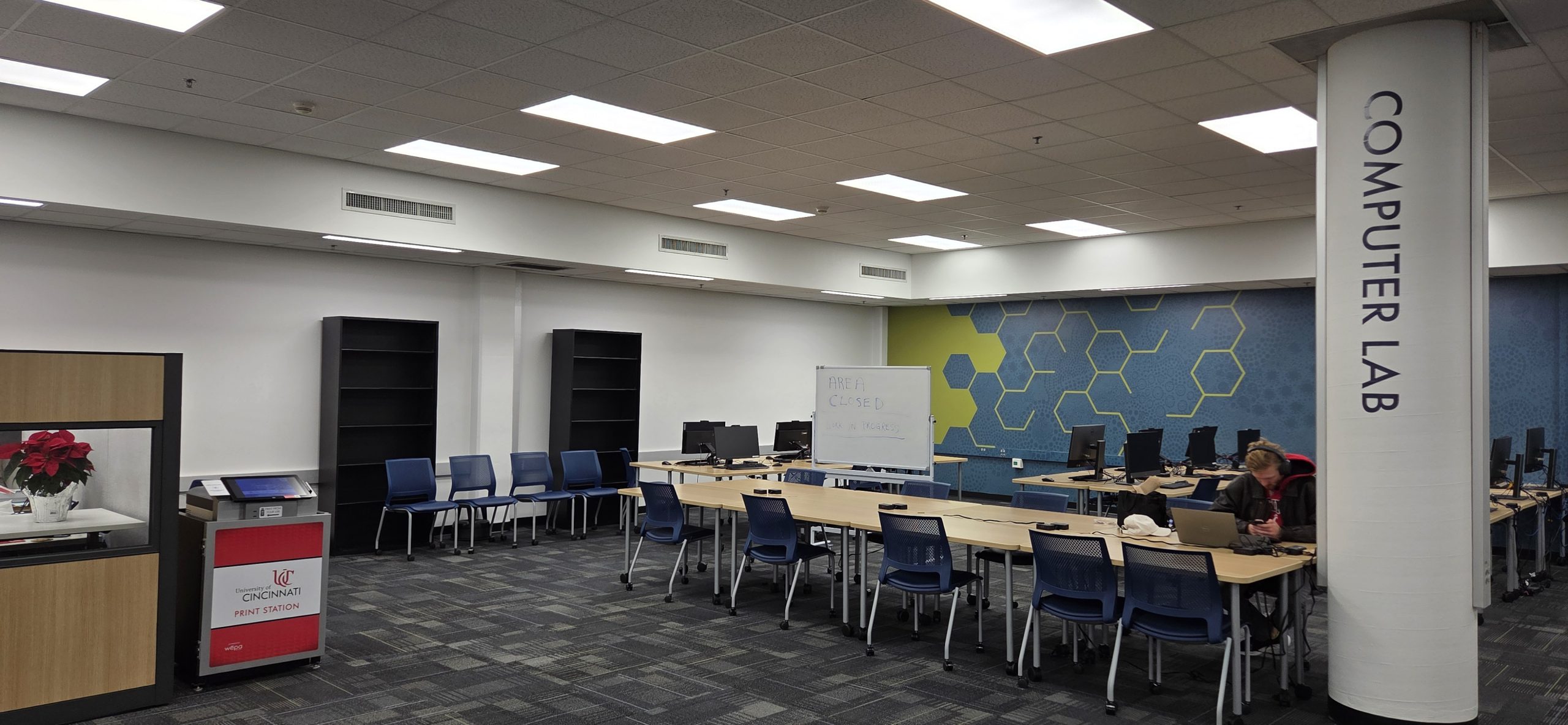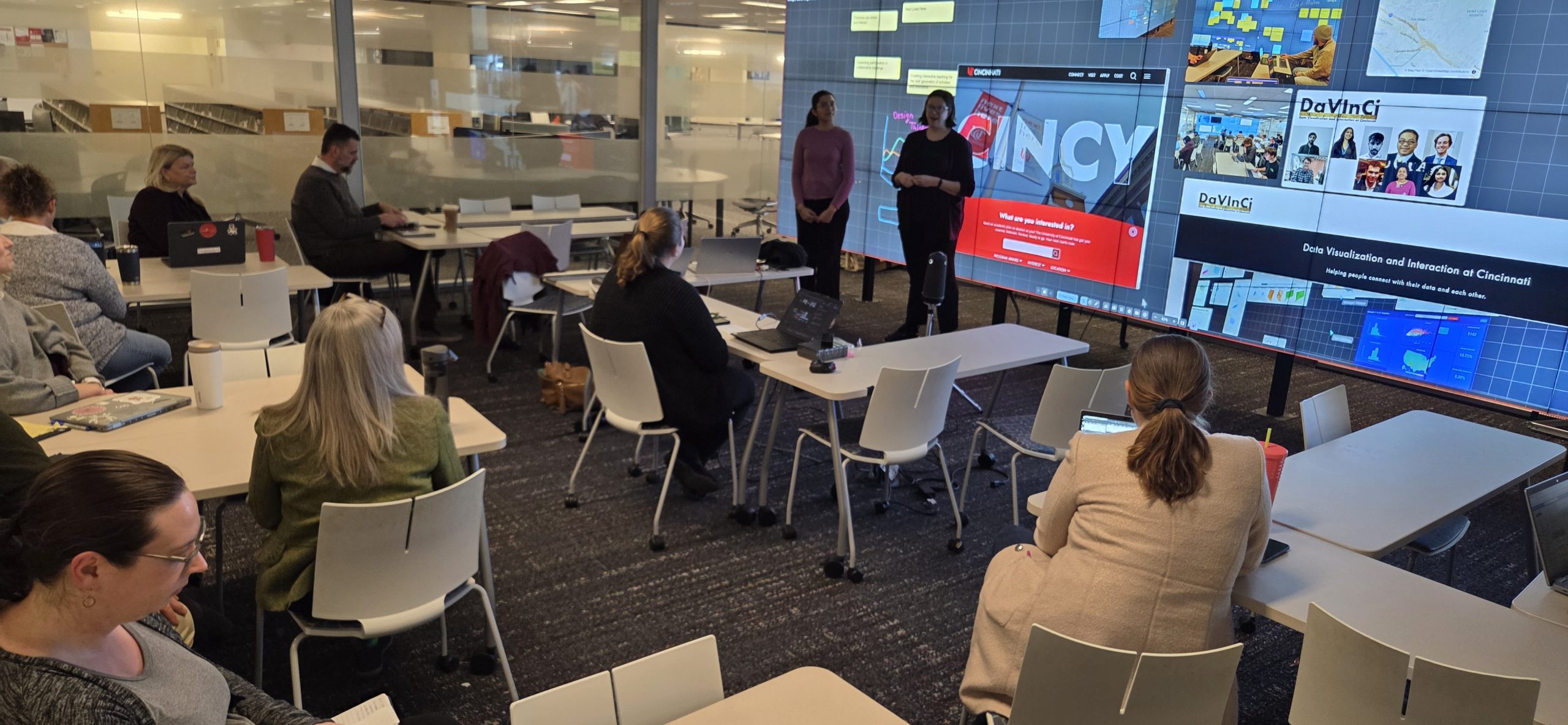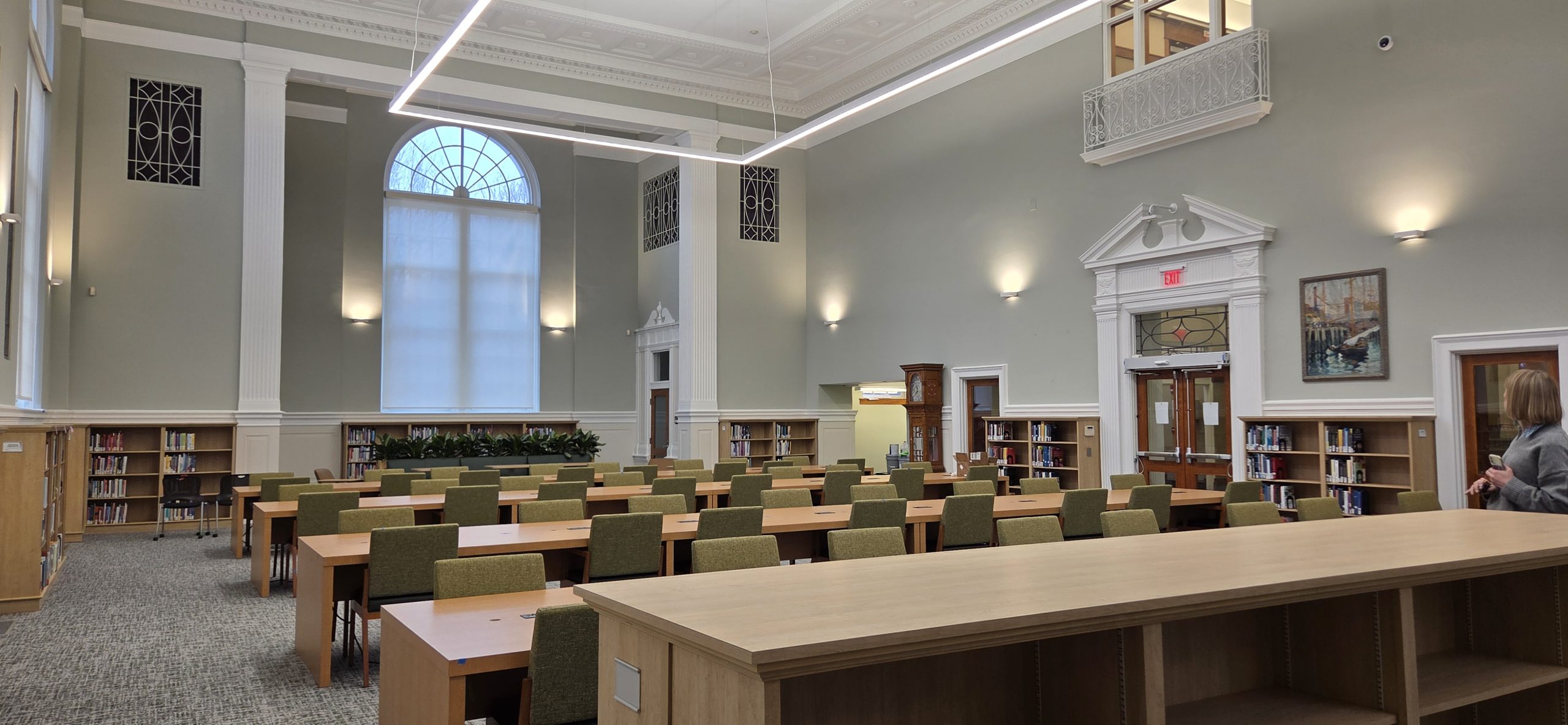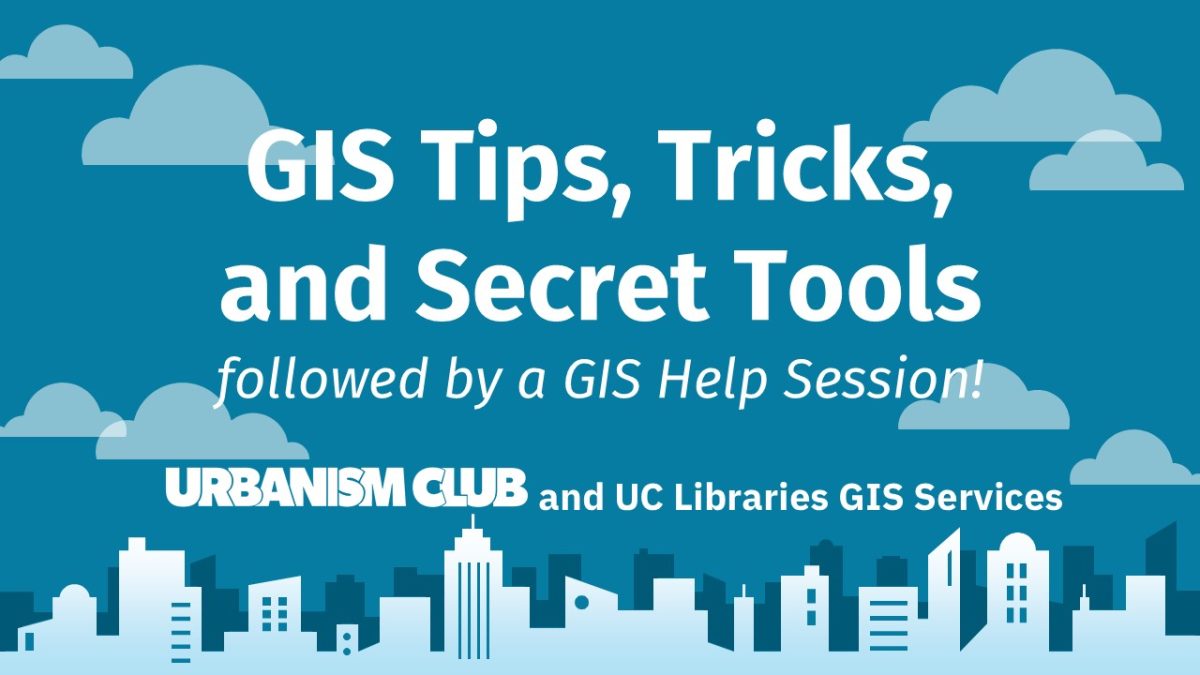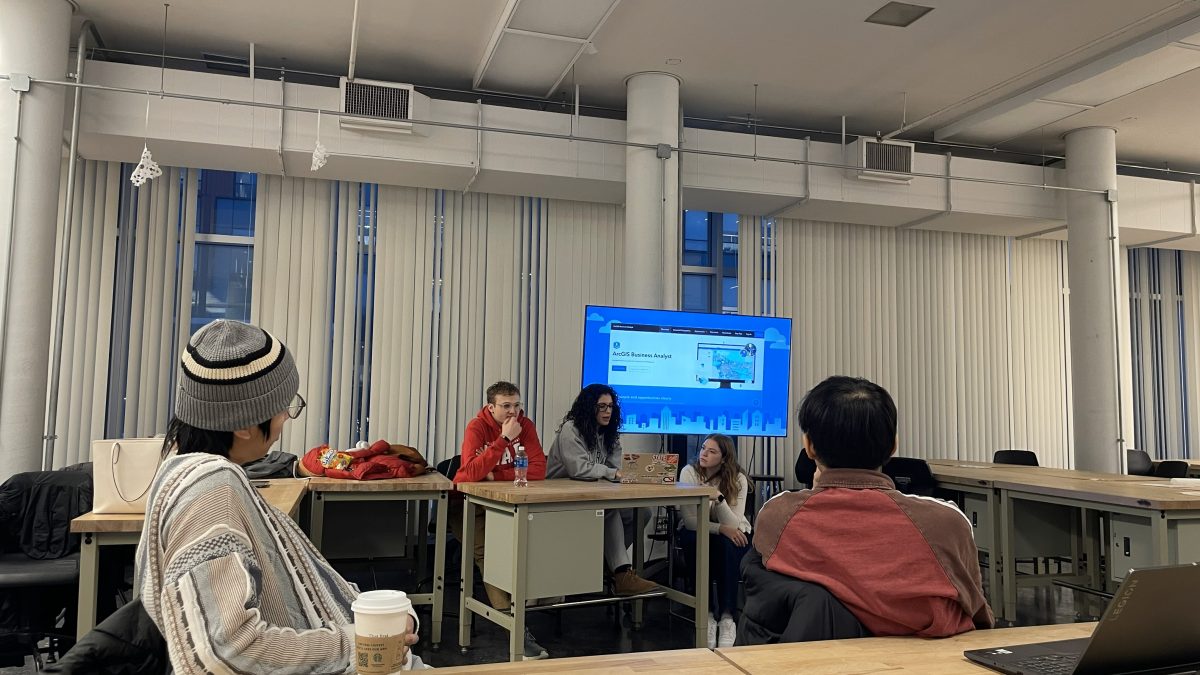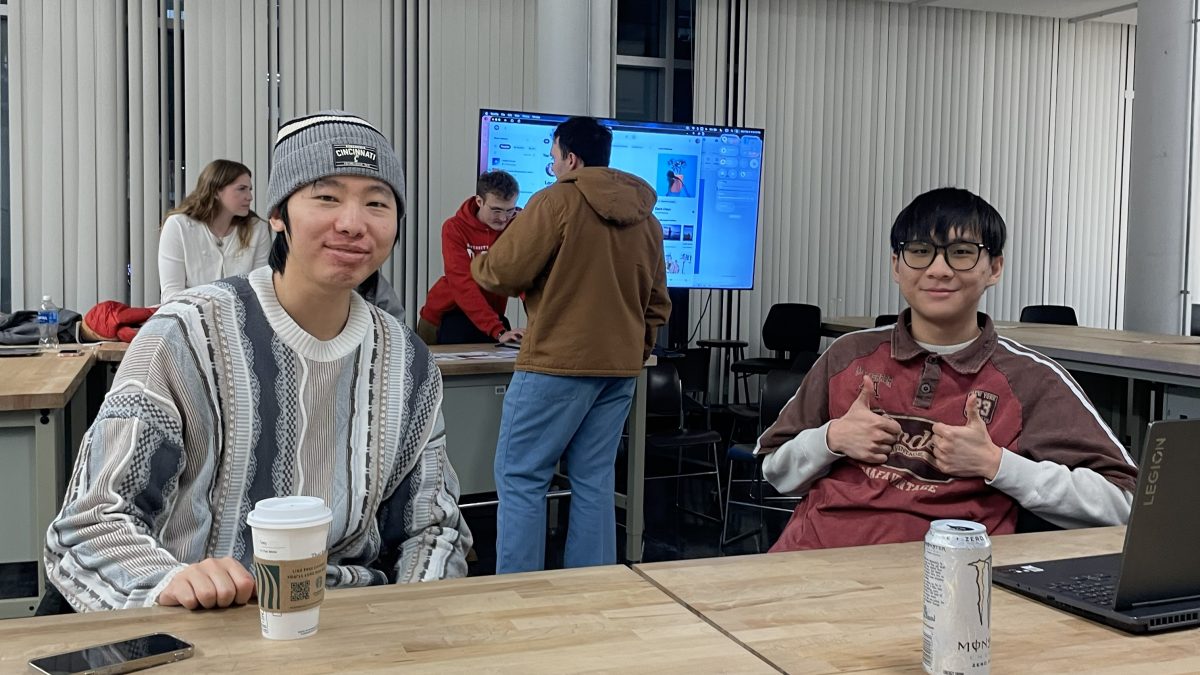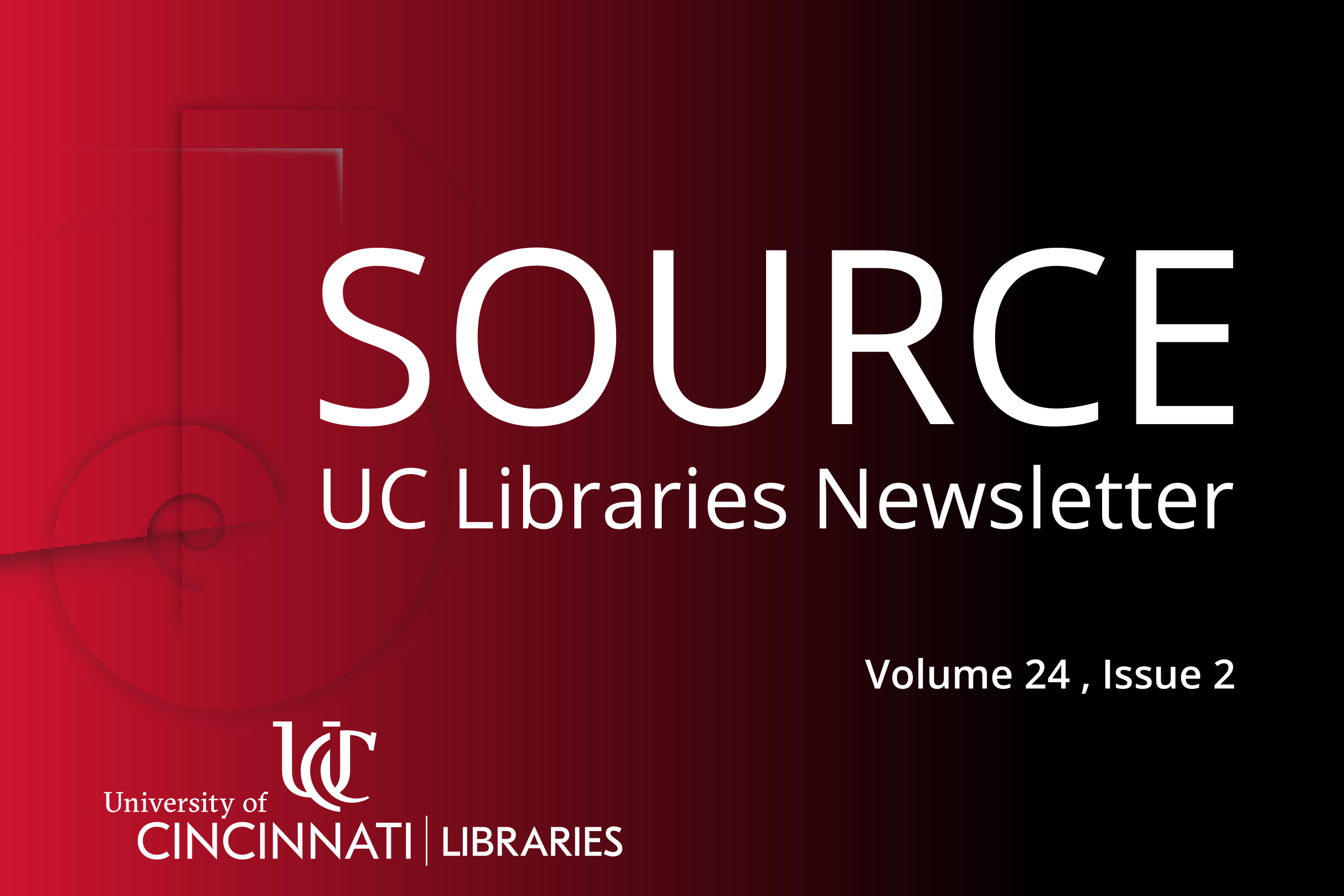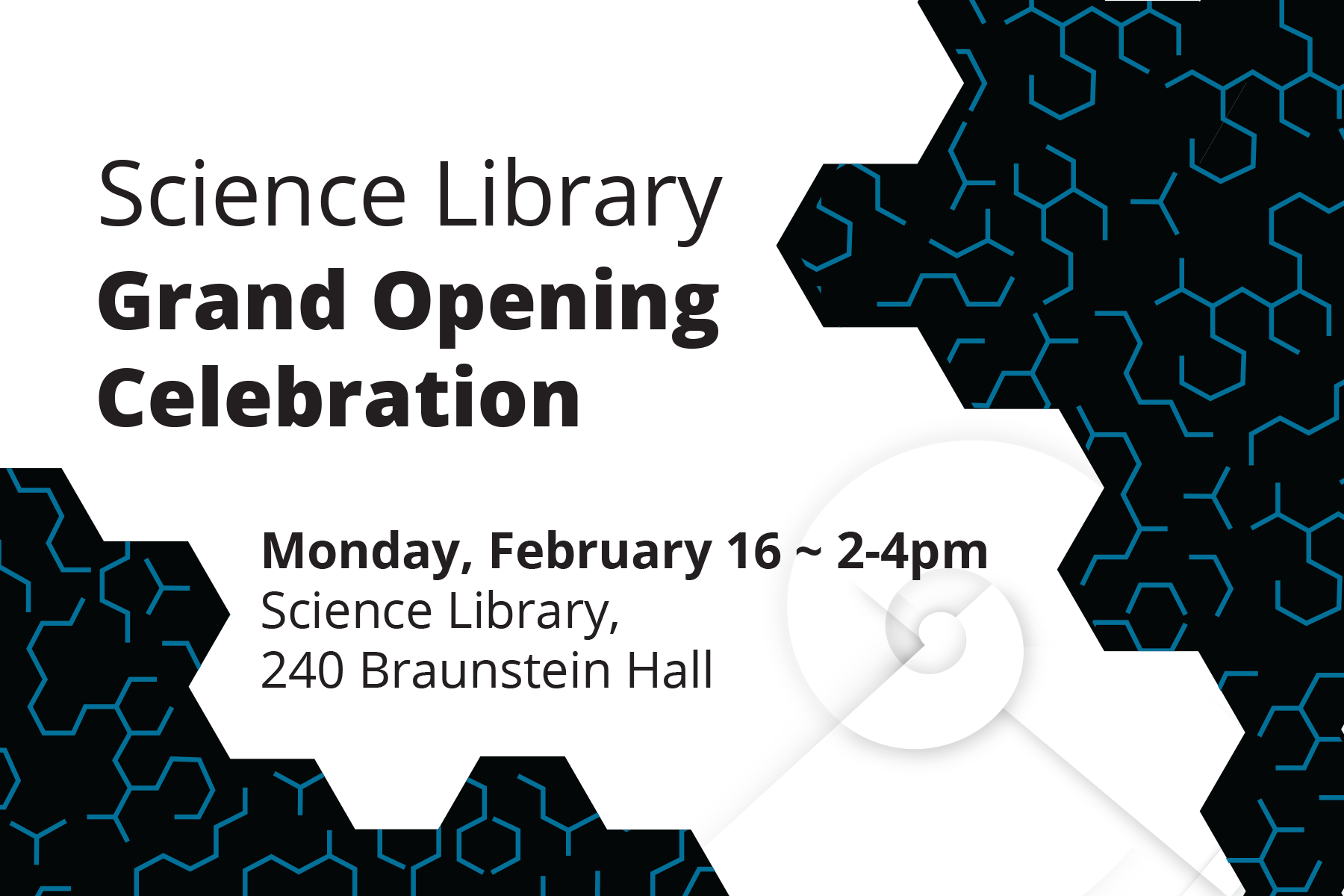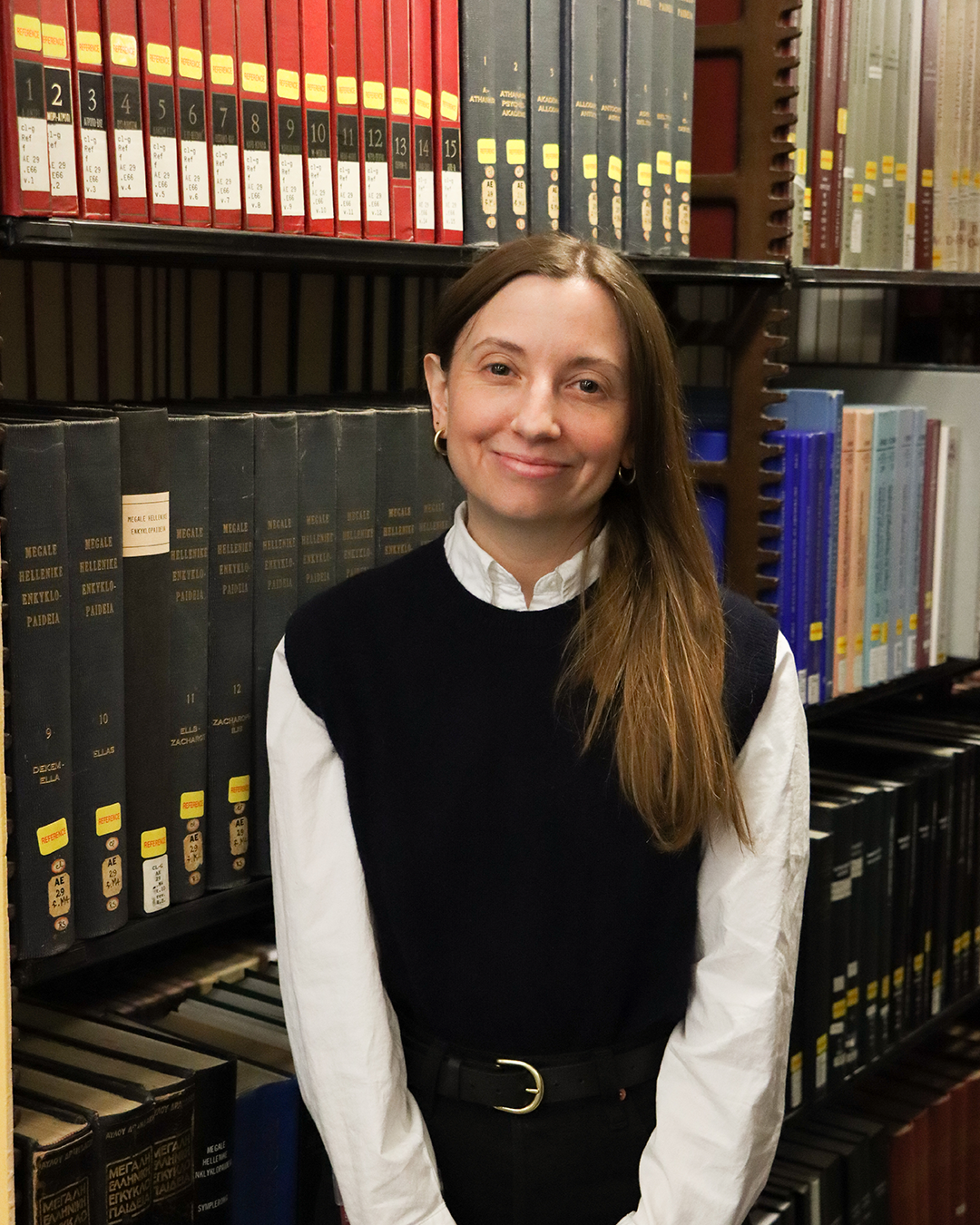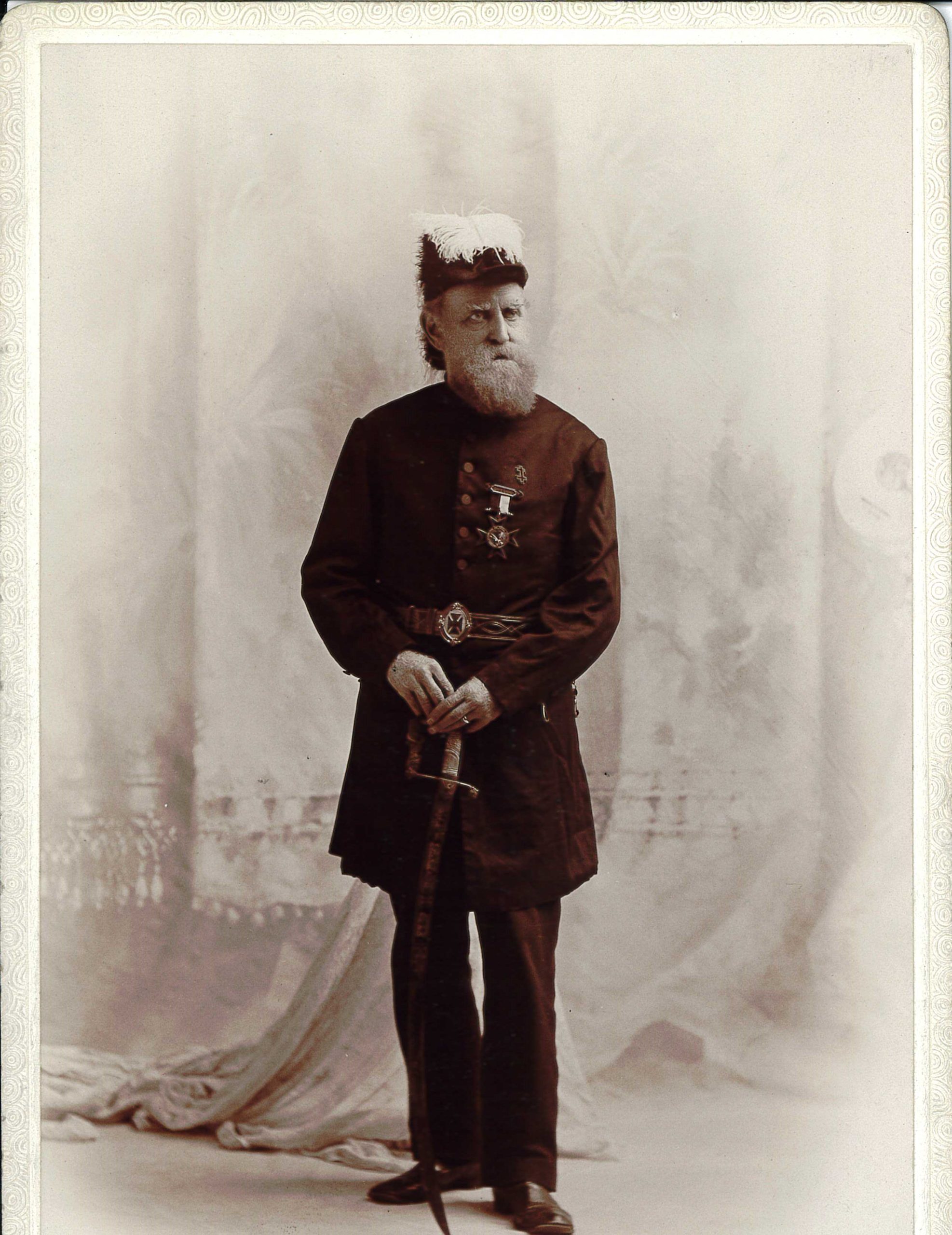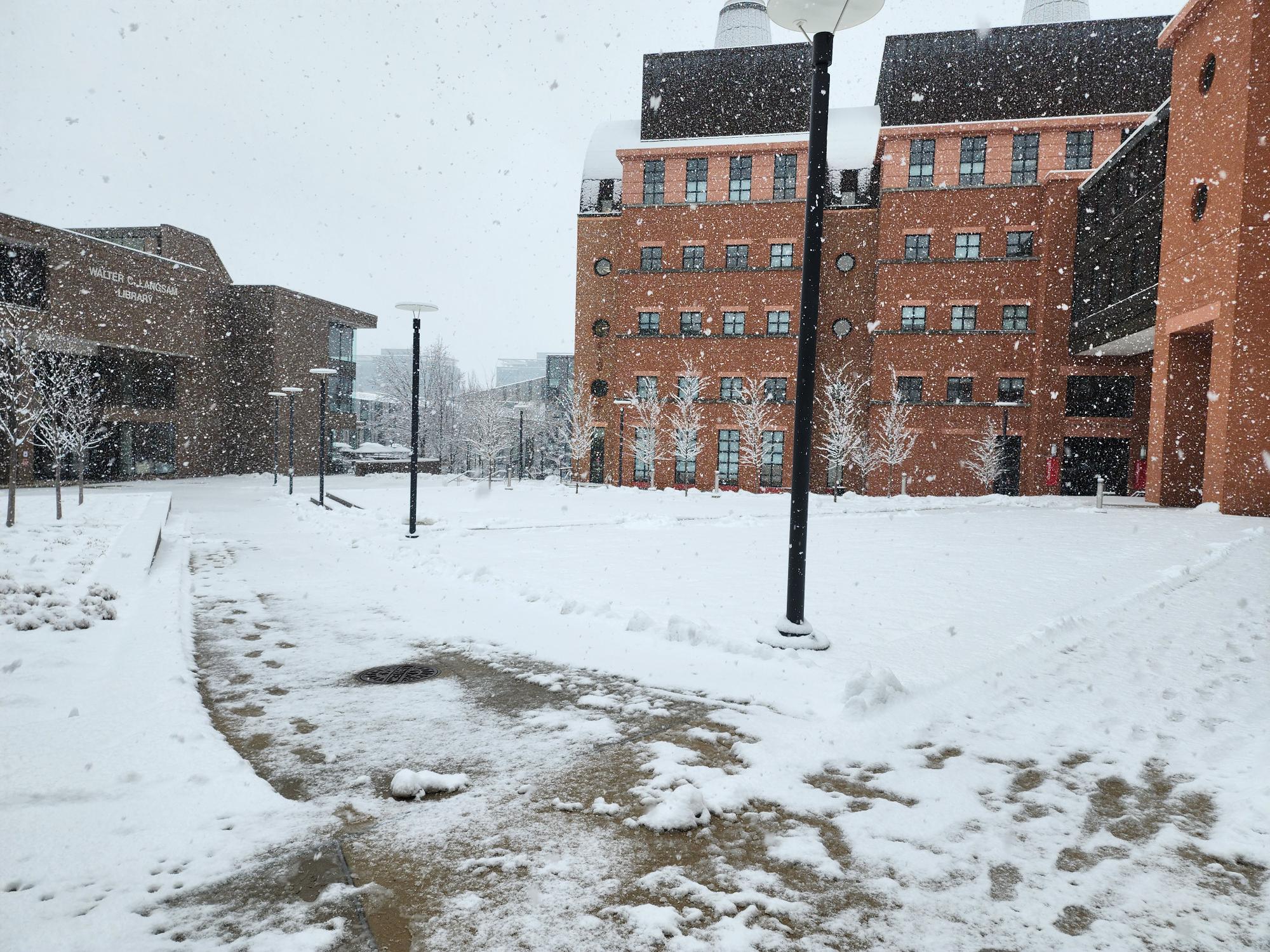The University of Cincinnati Libraries and the Elliston Poetry Room announce the poets and composers for the next Poetry Stacked, a semi-regular poetry reading series. This session is a musical collaboration, and will be held in the Albino Gorno Memorial (CCM) Library, 600 Blegen Library.
At the next event, scheduled for Wednesday, March 11 at 4pm, three poets will read their original work:
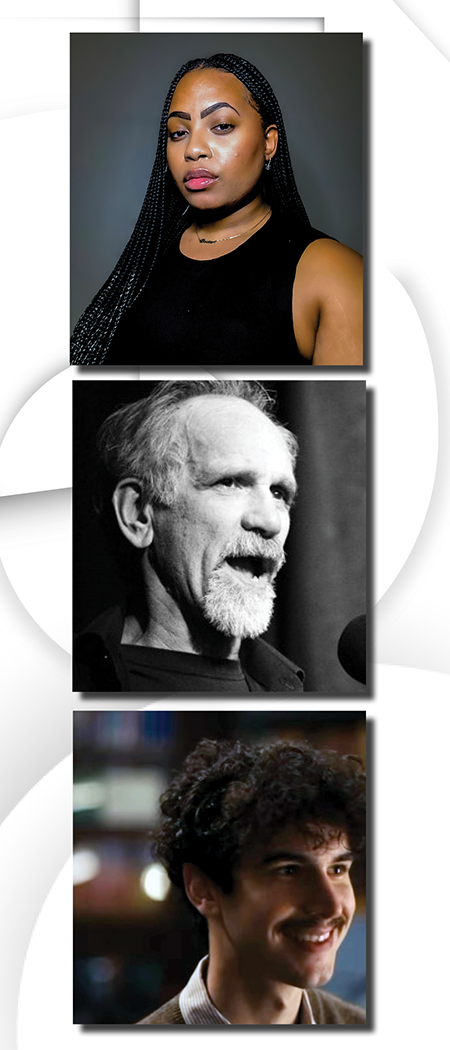
- Dr. Taylor Byas, Ph.D. is a Black Chicago native currently living in Cincinnati, Ohio. Her debut full-length, I Done Clicked My Heels Three Times from Soft Skull Press, won the 2023 Maya Angelou Book Award, the 2023 Chicago Review of Books Award in Poetry and the 2024 Ohioana Book Award in Poetry. Her second full-length, Resting Bitch Face (2025), was a September pick for Roxane Gay’s Audacious Book Club. She is represented by Noah Grey Rosenzweig at Triangle House Literary.
- Jim Palmarini has been facilitating and participating in public poetry readings for more than 40 years. He currently hosts the Word of Mouth Cincinnati series, now in its 12th year, at Over the Rhine’s MOTR Pub. His work has appeared in numerous journals, online and in print, including Shellys, ClayDrum, Jawbone and For a Better World. His narrative poem, “Welcome to the Reading”, was included in the Fall, 2023 edition of The Cincinnati Review.
- Luca Campagnoli is a fourth-year fiction writer and poet majoring in creative writing at the University of Cincinnati. His work is forthcoming or has appeared in Solid State, Mr. Bull and Short Vine Journal. He serves as president of the university’s Writer’s Circle and Poetry Collective. He also works at Household Books, an independent bookstore in Cincinnati.

